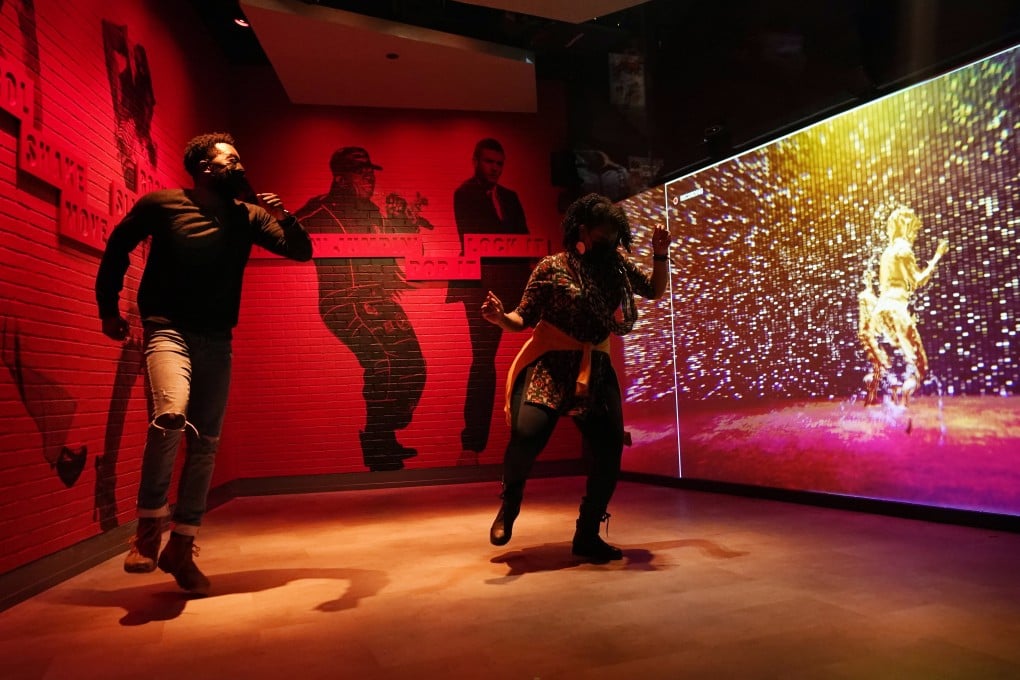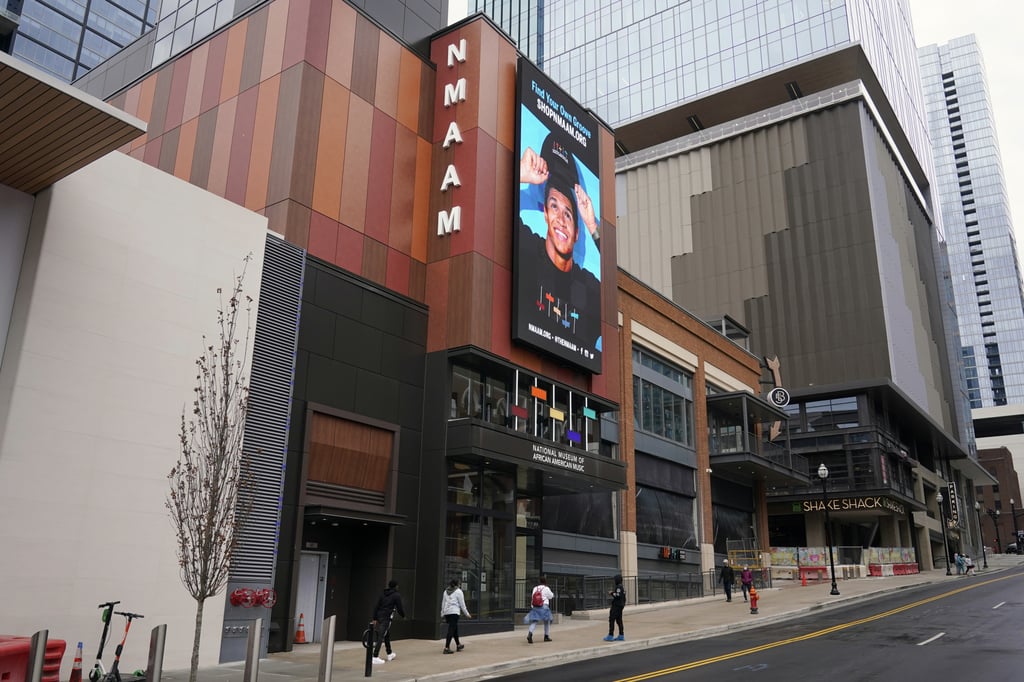Jazz, gospel, blues, hip hop, R&B and their part in America – new museum in Nashville sets history of black musical genres in context
- The National Museum of African American Music tells an important and often overlooked story about the roots of American popular music
- The music brought by African slaves, the emergence of blues through the Great Migration, and the US civil rights movement are all covered

A new museum two decades in the making is telling the story of black musical genres through the lens of American history.
The National Museum of African American Music, which opened with a virtual ribbon-cutting on Martin Luther King Jnr Day (January 18), is in the heart of the musical tourism district of Nashville, Tennessee, alongside honky-tonks that play country music and the famed Ryman Auditorium, and blocks from the Country Music Hall of Fame and Museum.
“When we think of the history of African American music and the important part it has played in our country, it was long overdue to honour it in this type of way,” said gospel great CeCe Winans, who serves as a national chair for the museum.

The idea for the museum came from two Nashville business and civic leaders, Francis Guess and TB Boyd, back in 1998, who wanted a museum dedicated to black arts and culture. While there are museums around the United States that focus on certain aspects of black music, this museum bills itself as the first of its kind to be all- encompassing.
“Most music museums deal with a label, a genre or an artist,” said H Beecher Hicks III, the museum’s president and CEO. “So it’s one thing to say that I’m a hip hop fan or I’m a blues fan, but why? What was going on in our country and our lived experience and our political environment that made that music so moving, so inspirational, such the soundtrack for that part of our lives?”
